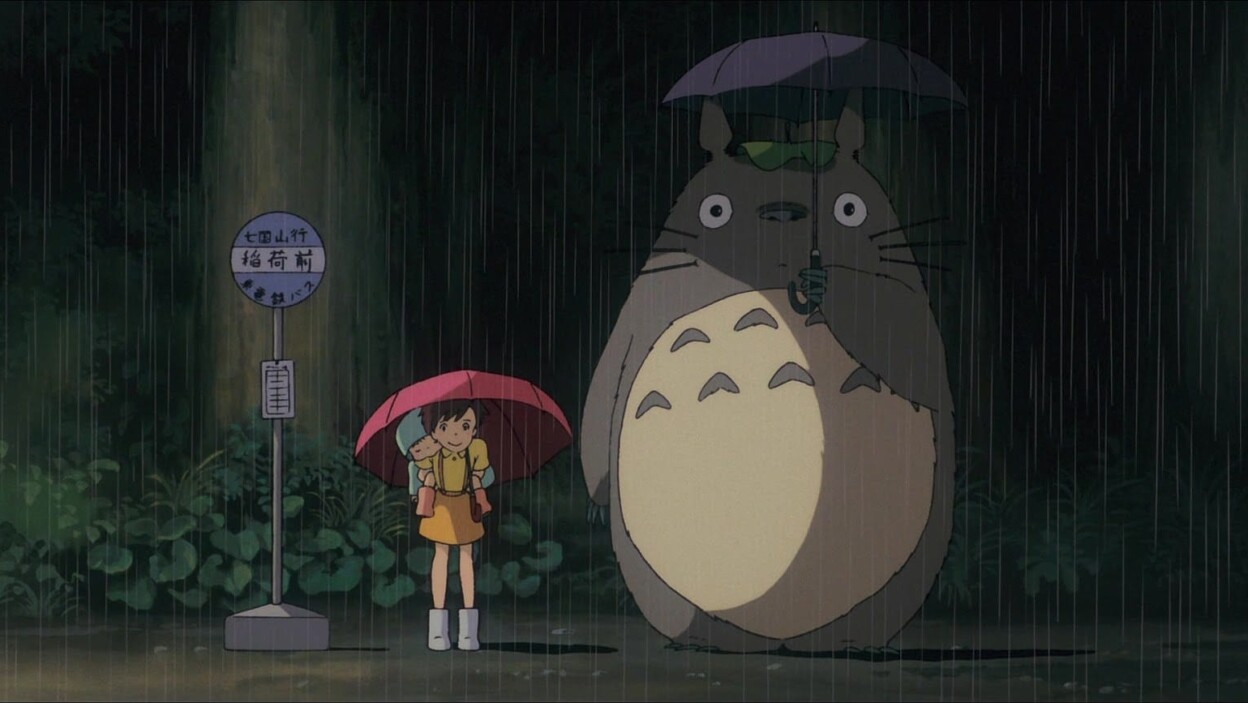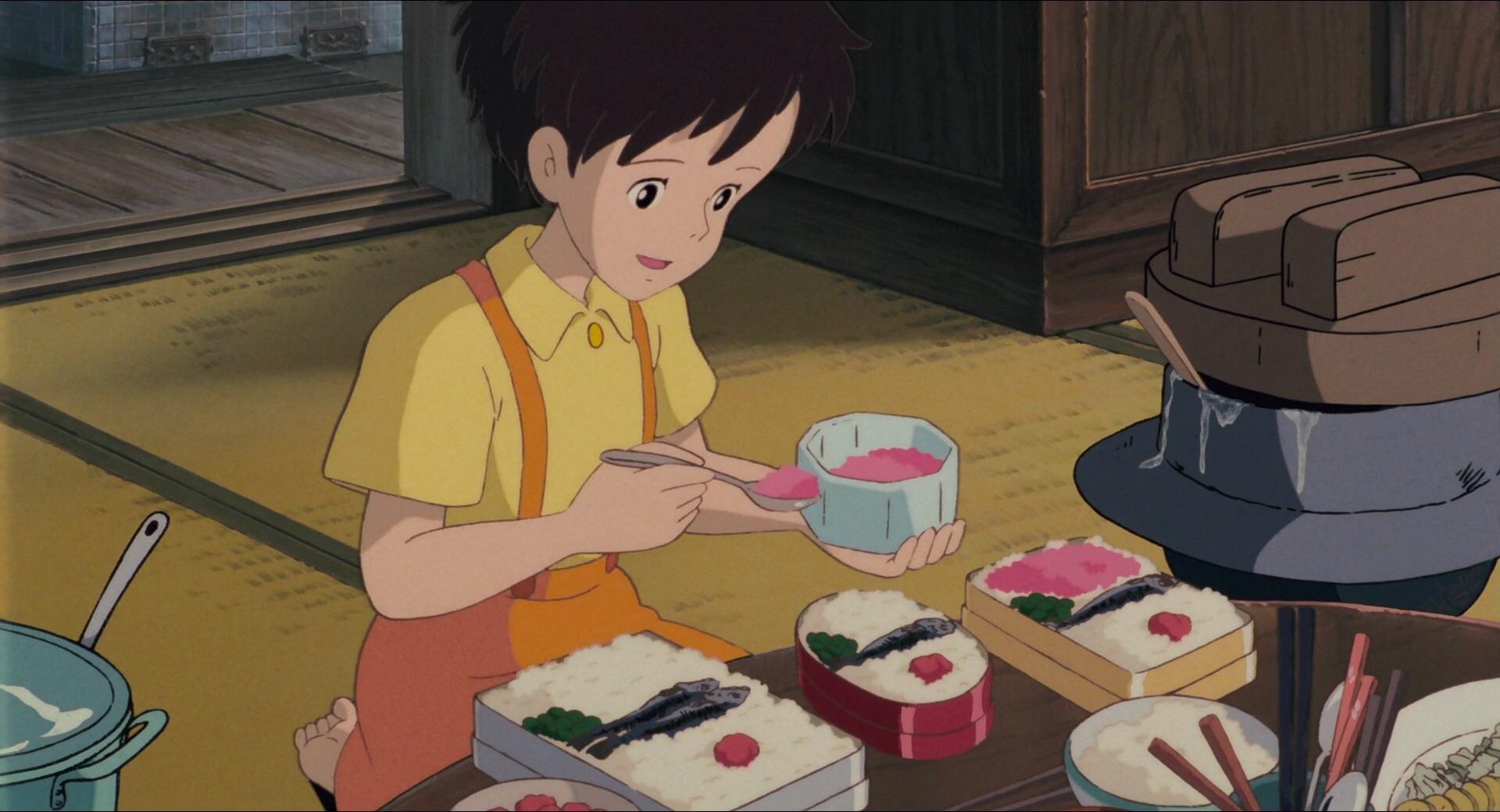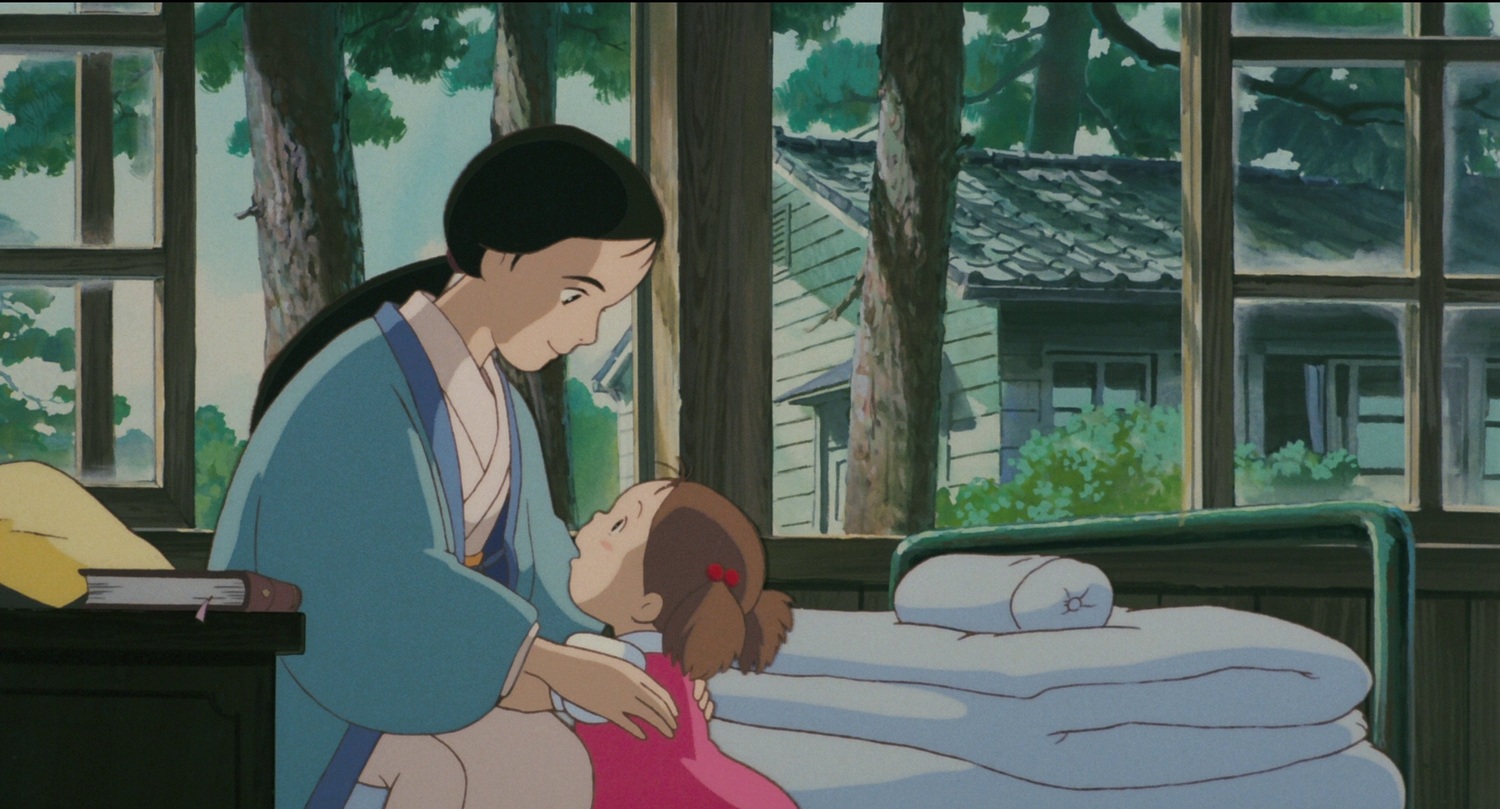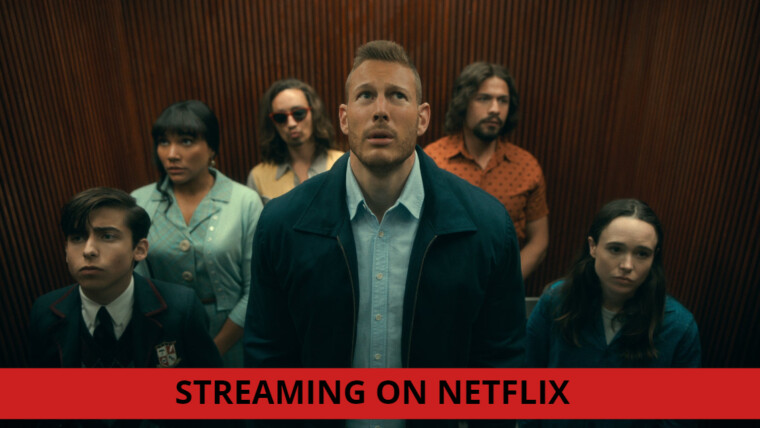Truth be told, I’ve never really gotten much into anime after my high school years. I mean I was always aware of the medium and had plenty of friends being utterly evangelical about their favourite shonen series and arthouse films. But I simply never took to them. I did, however, hear a lot about one particular name whenever anime aficionados held forum: Hayao Miyazaki. Based on the rumours and outlandish visuals I heard and saw, I merely assumed that he was some Asian Wes Anderson for animation.
Only now have I realize the ignorance of trying to use western categories to equate Miyazaki’s oeuvre. It was time for education. With Netflix releasing Studio Ghibli’s animated films on their streaming service, I figured that now would be an opportune moment to start going through Miyazaki’s work over the years. After much inquiry on where to begin with the legendary director’s work, the near-unanimous answer was My Neighbor Totoro. Here’s my fish-out-of-water take on the film!
The plot of Totoro follows two sisters, Mei and Satsuki, as they move to the countryside with their father to be closer to their ailing mother. The two wide-eyed girls are soon thrust into the wonders of rural Japan in the 1950s. They take up residence in a small dishevelled house that is rumoured to be haunted, or inhabited by anthropomorphic dust bunnies.
It doesn’t take long for them to make friends with their neighbours whether it be house caretaker Nanny and her grandson Kanta, or Satsuki’s classmates. One particular neighbour that they didn’t count on meeting is a giant furry forest creature, Totoro. The girls must now navigate through a tumultuous period away from their beloved mother with a little help from their friendly, neighbourhood troll.
Some viewers may find the plot and pacing of Totoro slow or meandering, but frankly, I found it quite refreshing. Miyazaki doesn’t bother to rush emotional stakes or launch into long expositions. Like Makoto Shinkai, the director’s focus is on immersion and atmosphere. The film takes its time to create the world before our very eyes in painstaking detail as our characters walk through it with all the urgency and clarity of vacationing tourists. Most of the film follows the family trio throughout their day-to-day activities, often yielding little to no drama.
What keeps your attention though is the contagious whimsy of the characters and beautifully hand-drawn animation on-screen. The world itself is a character filled with vibrant colours, textures and distinct style. I’m starting to understand why fans of the Ghibli community obsess over the studio’s animated depictions of food. Those are some good looking lunchboxes. There is honestly a lot to enjoy about this film but there are caveats to the experience.
My Neighbor Totoro is very unlike the sensibilities of modern western fantasies that often see children as the sole “bridge” between the mundane and magical. The Japanese have always held a more pantheistic view of the world that sees spirits and gods, or yokai and kami, living rather close to them in manifestations of nature. It isn’t a world that the religious dogma of the Church or the modern sciences has completely snuffed out, begging to be revived. It is one that has, or at least presumed to have, always been there. Without fully comprehending these cultural and spiritual aspects of Japanese culture, a lot of Totoro may seem strange to new viewers. It sure was a culture shock to me the first time I saw it.
Everybody from the precocious little girls Mei and Satsuki to the settled university professor and father, Tatsuo to the wise, old nanny seem to take be relatively unphased by the ensuing madness. Therefore, all the familiar tropes of the doubting parental figures and the misunderstood child are omitted from the story. Eventually, Chekov’s gun does off in the form of Mei and Satsuki’s mother condition and that’s where the climax of the film is squarely centred. All of it is resolved fairly quickly and there isn’t much emotional depth to be wrung out of these events but they do serve to bring to the story a pleasant, little conclusion.
At its core, Totoro is a story about the simplicity and wonders of childhood. Those innocent days when kids could run off into the woods, meet cute magical creatures without a Pan’s Labyrinth twist and their biggest concerns were limited to the familial. This return to spiritual and emotional childlike purity isn’t merely an aesthetic choice mind you. The setting of the film is about a decade after the end of World War II. A time in which Japan atoned for the sins of its past and learned to heal as a nation. It’s no secret that a lot of Miyazaki’s films carry an anti-war theme and message, which in the past has at times landed the man in hot soup.
Don’t worry, Miyazaki’s pacifist beliefs certainly aren’t heavyhandedly spelt out in My Neighbor Totoro in contrast to films like Howl’s Moving Castle and Porco Rosso. The film forwards his message of peace and harmony through a far more subtle manner. Not through venomous visual diatribes or fiery speeches against conflict but rather by showing the absence of it. The tranquil bliss of simple folk trying to make a place for themselves on this earth while sharing it with the spirits that live within the land.
My Neighbor Totoro is a simple, yet captivating film about family, friends and nature. In spite of its barebone plot, Miyazaki packs so much charm and life in its characters and visuals that it’s hard to believe they can be contained within the margins of drawn lines. It isn’t the most thematically complex film in the man’s list of films nor his most cinematic. It is an excellent entry point though for anyone looking to get into Studio Ghibli’s films. I, for one, cannot wait to see what more the studio has to offer. It is a rarity to find a film so unpretentious and unabashed about its joys and purity and yet, here it is. Miyazaki truly is a wizard of whimsy!
My Neighbor Totoro is currently streaming on Netflix.








